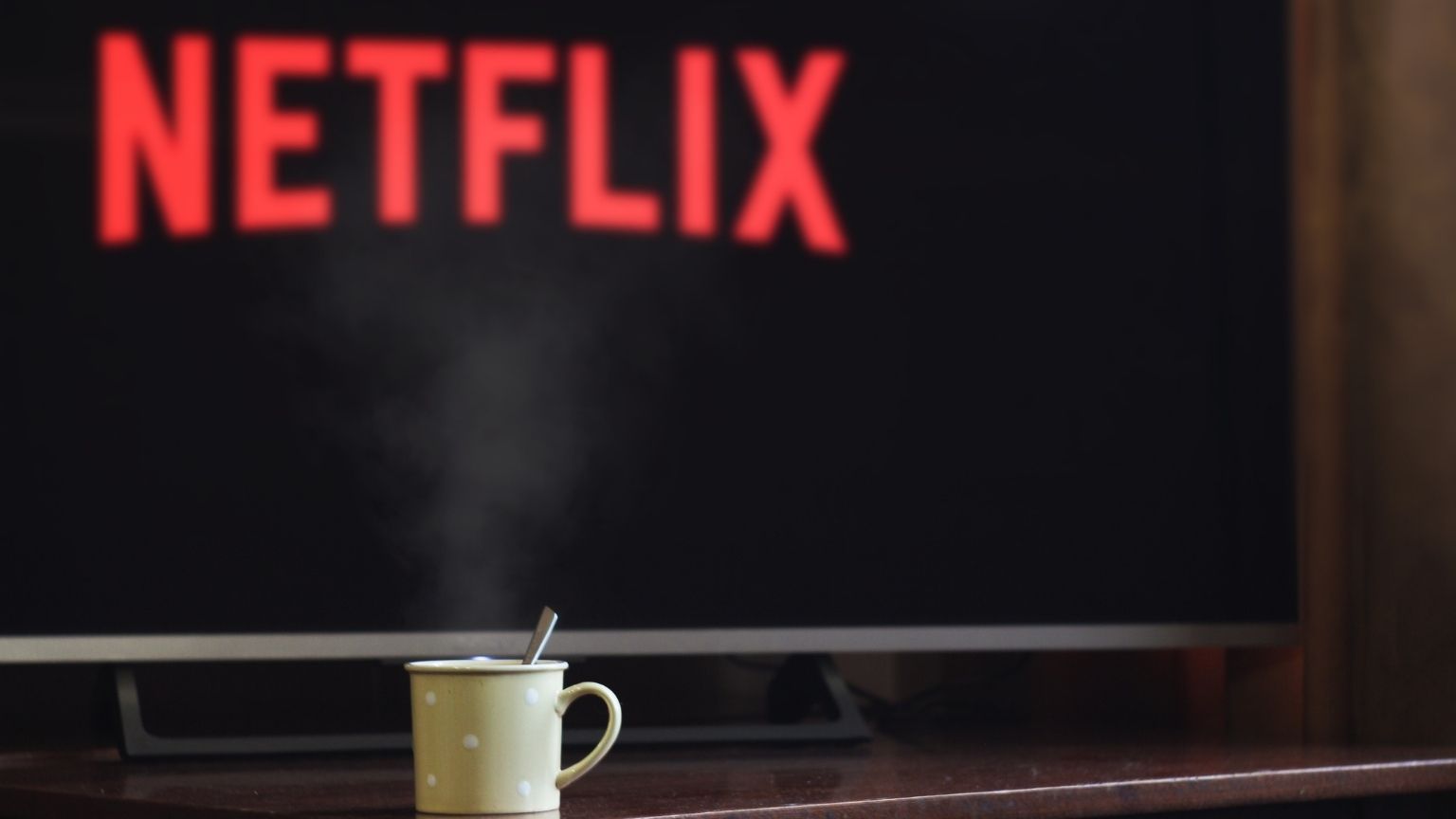Documentaries on streaming services, like Netflix and Amazon Prime, could soon be regulated by media regulator Ofcom, in an effort to fight the spread of misinformation on issues such as climate change and health. Currently, streaming services are not held to the same standards as traditional television.
This week, the UK government launched a consultation to deliberate if Ofcom’s broadcast code on fairness and accuracy should be extended to streaming services. In recent times, streaming services, particularly Netflix, have been the subject of controversy over the accuracy and fairness of some popular shows.
Last year, the former head of NHS England Sir Simon Stevens accused Netflix’s The Goop Lab of spreading “health misinformation.” The show followed a health and wellness company called Goop owned by iconic actress Gwyneth Paltrow. The company promotes alternative therapies, such as “energy exorcisms” and psychedelic treatments for mental health issues.
“Her brand peddles psychic vampire repellent, says chemical sunscreen is a bad idea, and promotes colonic irrigation and DIY coffee enema machines, despite them carrying considerable risks to health,” Sir Simon said at the time.
“Though there are some rules that providers must follow in protecting children from harmful content, there are little or no rules to protect audiences from misleading health advice or pseudoscience documentaries on climate change,” Culture Secretary Oliver Dowden said while launching the consultation.
Streaming services adhere to fewer rules compared to traditional television broadcasters. TV shows have to apply for a license from Ofcom, which obligates them to follow the regulator’s broadcasting code, which includes rules on accuracy and the fair treatment of the individuals who appear on shows. Breaking the code has implications such as fines and the license being revoked.
Streaming services are only required to notify Ofcom that they will be providing their services in the UK. After that, they only need to make sure they protect minors from inappropriate content and ensure the content on their platforms does not incite “hatred.”
“We want to give UK audiences peace of mind that however they watch TV in the digital age, the shows they enjoy are held to the same high standards that British broadcasting is world-renowned for,” the Culture Secretary explained.













